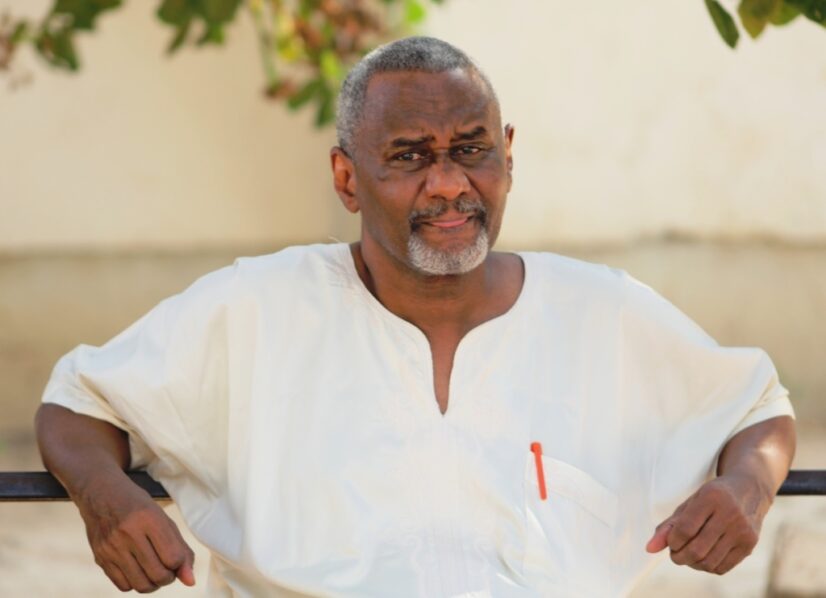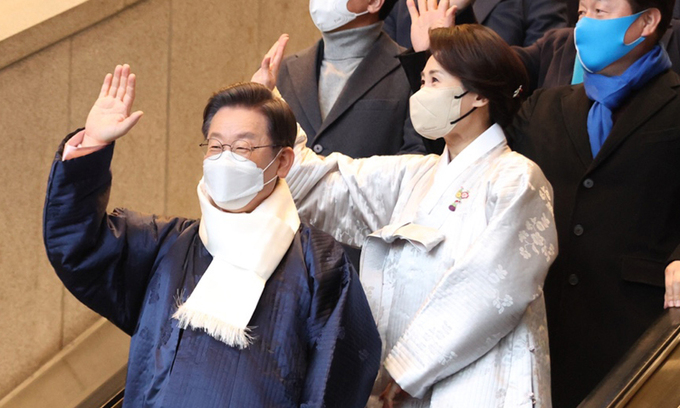As a small town-trained osteopathic hospitalist, I have seen that some people may mistakenly believe that board scores are important. But in reality, bedside manner is a lot more important. I’ve seen cases where nurse practitioners and physician assistants working as hospitalists receive far better patient survey reviews than tertiary care center trained cardiologists who passed the boards in the first attempt. Nurse practitioners are one of the fastest-growing professions, and DOs (like me) are also one of the fastest-growing professions for this very reason (that bedside manner matters more than board exam scores).
The osteopathic profession and osteopathic board exams are halfway between nurse practitioners and MDs in terms of the toughness of board exams. The good thing about our profession is that we take the COMLEX (Comprehensive Osteopathic Medical Licensing Examination) exam and the answers to most of the exam questions are available to us via various question banks such as COMSAE (Comprehensive Osteopathic Medical Self-Assessment Examination) before we take the actual exam. I eventually (after a few attempts) passed the COMLEX exams by memorizing the question banks, which are essentially the same questions as those in the real exam. But this memorization is easier said than done.
In reality, I was suffering from depression, and I didn’t have the energy to memorize the practice questions and pass the exams on the first attempt. Failing these exams made me even more clinically depressed. It made me think about dropping out of osteopathic med school and going back to my life of trafficking and abusing cannabis and ecstasy. This was until I started networking with faculty and interacting with patients with the intention of understanding what they really want from clinicians and realized how much support there is for people who fail the boards.
First of all, I realized how open-minded and nonjudgmental the specialty of osteopathic family medicine and the osteopathic family medicine boards are toward people who are better at bedside manner than they are at test-taking. After all, the osteopathic family medicine boards questions are mostly the same as the questions from the previous year’s exam (to maintain exam reliability/consistency from year to year), and the family medicine residents at most residency programs have access to the previous year’s exams.
Second, I realized that a lot of faculty failed the boards and thus empathized with and went above and beyond to help others who failed the boards. The whole and the sole reason many of them become faculty is that they want to help others who fail the boards. It’s almost like we have a special club and stick up for each other. Whereas faculty who pass the boards in the first attempt rarely become faculty purely for the sake of helping other people who pass the boards on the first attempt.
Third, patients don’t care about whether you passed or failed the boards in the first attempt. It’s not like I have a stamp on my head saying, “I failed the boards in my first attempt.” I have had a lot of experience as a hospitalist, and trust me, patients mainly care about bedside manner. A nurse practitioner or small town-trained family physician who makes 10 mistakes a week but is humble and says “sorry” every time is going to get a lot better reviews than a tertiary care center-trained specialist who did really well on all of his board exams and makes one mistake a week but declines to say “sorry.” After all, research shows that healthcare providers who are friendly and have a good bedside manner are less likely to get sued than those who aren’t.
If you are a student or resident studying for the boards, make sure you do practice questions and look over previous years’ exams if possible. If even with access to such practice questions, you still fail the boards, my advice is to not give up so quickly. I know people who have taken three or four attempts for any given step board exam and passed. Just remember that there is plenty of faculty out there to help you and that patients care a lot more about bedside manner and humility than boards scores or training (nurse practitioner vs small town-trained osteopathic family physician vs tertiary care center-trained specialist).
I myself almost gave up and almost went back to my previous ways of trafficking and abusing marijuana and ecstasy. But I am thankful to all of the faculty and patients who helped me. And I plan to continue to pay it forward.
Louis J. Riccardo, DO, is a family physician.
This post appeared on KevinMD.
Note: This article have been indexed to our site. We do not claim legitimacy, ownership or copyright of any of the content above. To see the article at original source Click Here













